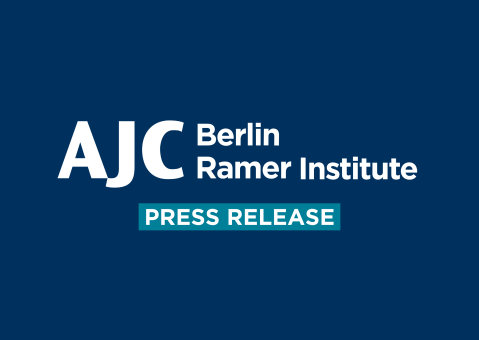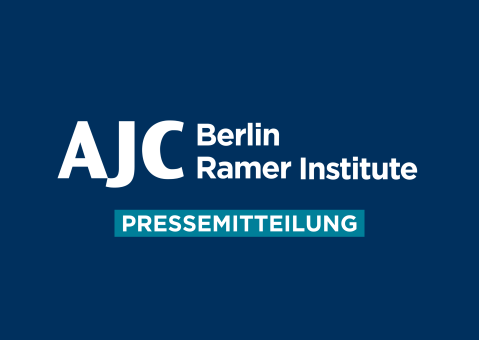Share on
After months of debate regarding political consequences of the 2012 Burgas bus bombing that killed six Israelis, Great Britain, Germany and France have now agreed to put Hezbollah’s military wing on the EU terror list. In a rare public appearance several days later, Hezbollah leader Hassan Nasrallah announced - for the first time publicly - that Hezbollah fighters in Syria are supporting the Assad regime.
The pronouncement shows the futility of distinctions between Hezbollah’s “military” and “political” wings, particularly as Hezbollah leader Nasrallah and his inner circle make all decisions, from soup kitchens to missile launches.
Hezbollah was founded as a Shiite terror organization backed by Iran with the declared goal of eradicating the state of Israel. Since its inception, Hezbollah has prided itself on its worldwide strikes against Israeli and Jewish targets, from horrendous bombing attacks in the early 1990s in Buenos Aires to more recent attacks, such as the one in Burgas, as well as foiled attacks in Turkey, Azerbijan and Cyprus. In the most recent terror attempt, Hezbollah forces from southern Lebanon fired a drone into Israel.
Given the record, it is difficult to understand the difficulties within the European Union to state the obvious by listing Hezbollah as a terror organization. One argument is that such a listing would destabilize Lebanon, where Hezbollah is a government coalition partner. However, at the latest since the 2005 murder of Lebanese Prime Minister Rafik Hariri, presumably by Hezbollah agents, no political stability has existed. Nasrallah’s support for Syrian leader Assad shows that his priorities are the interests of Iran and Hezbollah, not the political future of Lebanon.
In Germany as well, where Hezbollah agents murdered four Iranian-Kurdish dissidents in 1992, Hezbollah is swelling in self-confidence, with a growing number of supporters. This August hundreds of Hezbollah supporters are expected at the annual Al Quds demonstration in Berlin, where growing numbers of participants the past few years waved yellow Hezbollah flags.
Germany could take notes from its Dutch neighbor by placing a complete ban on Hezbollah. Such a national German initiative would add political weight to current efforts in the EU to restrict Hezbollah fund-raising and recruitment activities in Europe. The signal is certain to be heard in Beirut.
This article originally appeared in the Jüdische Allgemeine.



